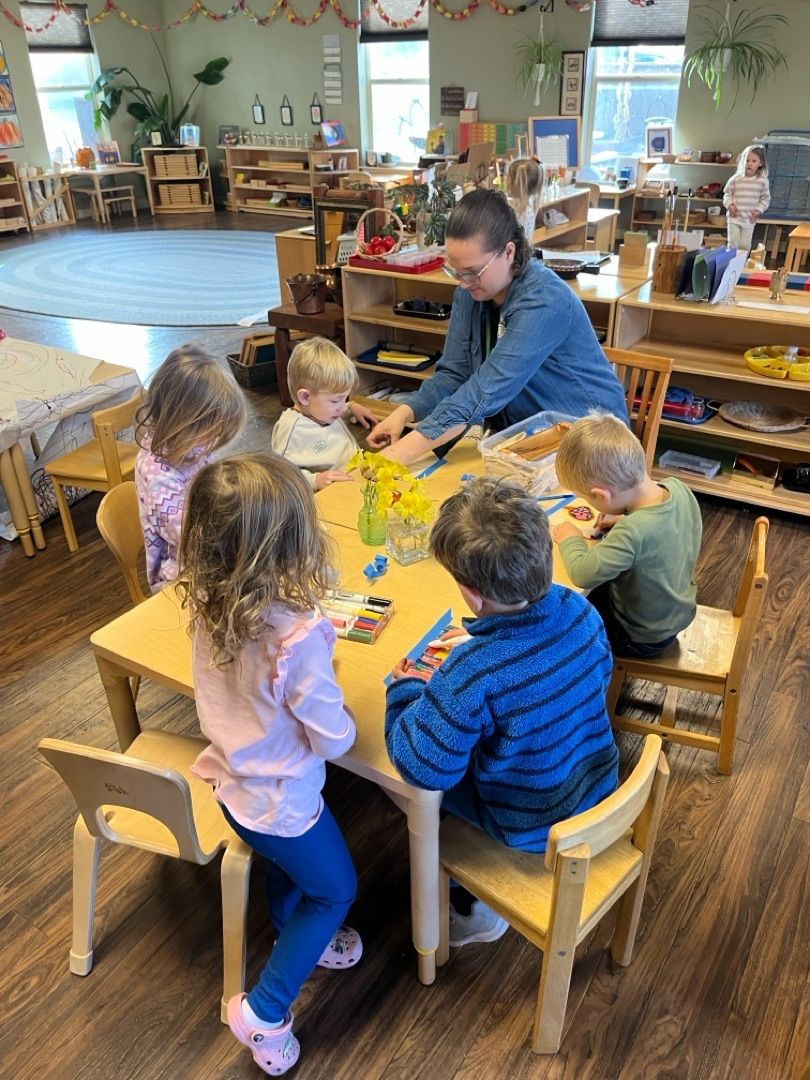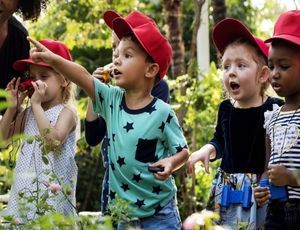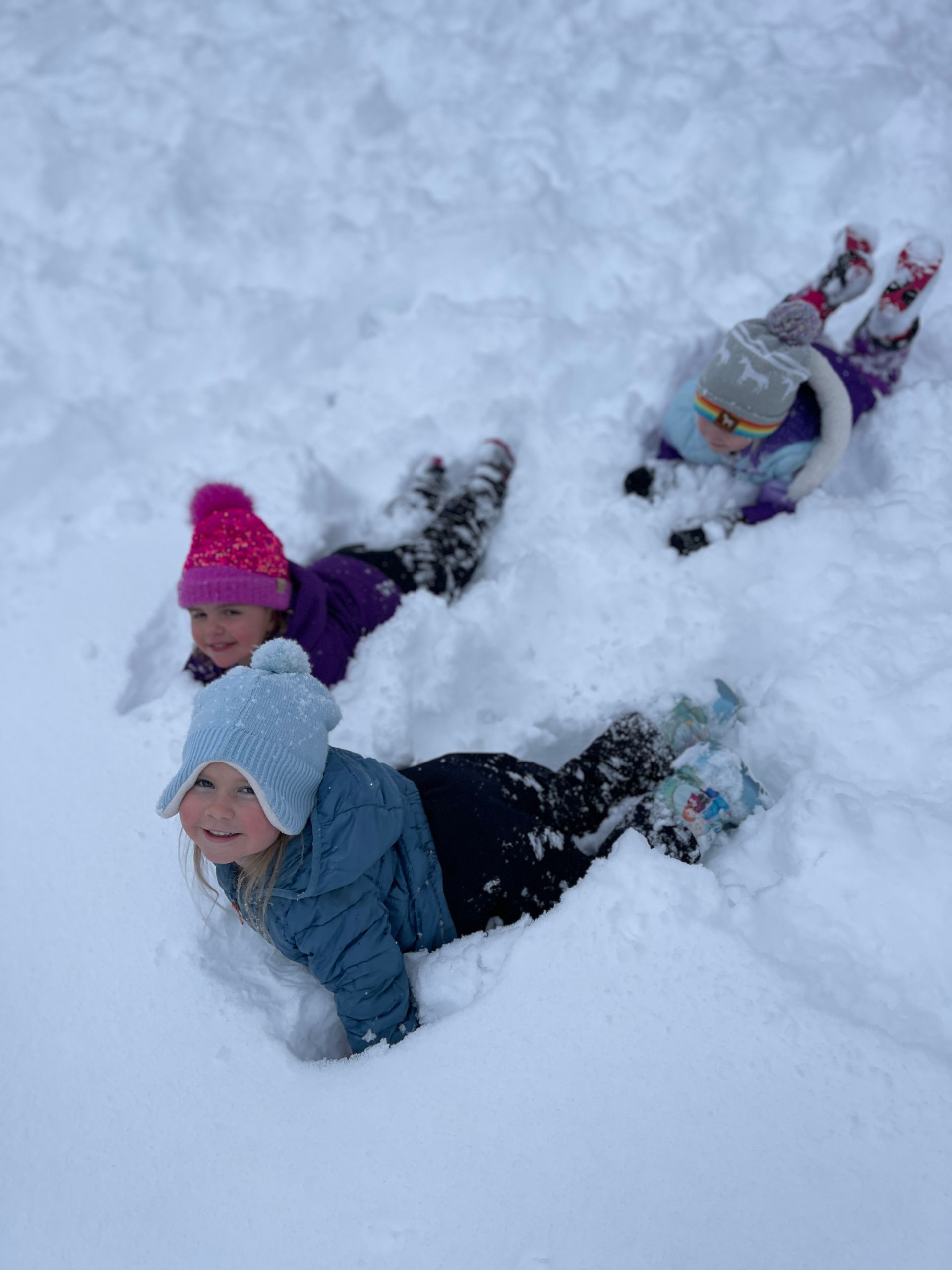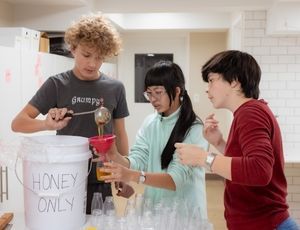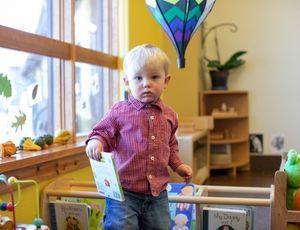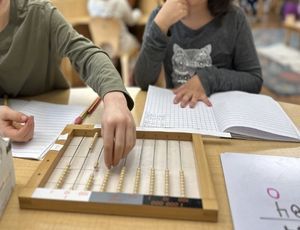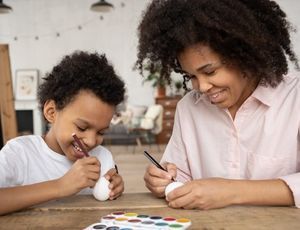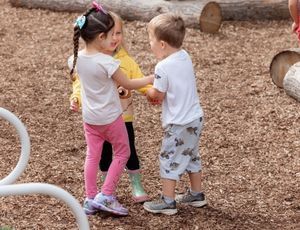The Three R’s of Recovery: A Positive Discipline Approach to Mistakes

Do you ever feel annoyed by throw-away apologies? So often, our children pick up the habit of tossing out “I’m sorry” like a used tissue. Completely overused, the expression begins to feel devoid of worth. They speak the words, but it seems like they don’t actually feel a sense of remorse or regret, much less a desire to make amends.
In Montessori, we don’t insist that children apologize, especially right at the tail end of a heated moment. For goodness' sake, think about when we, as adults, are tired or hungry or stressed and make a snarky comment. We’re not usually feeling particularly sorry – more like ticked off and cranky! Later, after we’ve had time to take some deep breaths, or perhaps tend to low blood sugar, we often feel a deep sense of regret and desire to make things right.
Because our children tend to replicate what they see in us, it helps if we decide to first make sure we aren’t just using “sorry” as an easy way out. To really model a different approach, it helps to use the framework of the “Three R’s of Recovery” from Positive Discipline.
The Three R’s of Recovery
When we make mistakes, we have an opportunity to make amends and even learn from the experience. In Jane Nelson’s Positive Discipline work, the “Three R’s of Recovery” offer steps to follow after calming down. The first R stands for recognize, and with this, we verbally acknowledge our mistake and take responsibility for our actions. To do this effectively, we must also be sure to keep any hint of blame out of the picture.
So if we’ve snapped at our children and later cooled off, we might say something like, “I feel really bad about when I snapped at you. You don’t deserve to be treated that way.” Notice that these statements don’t weave in any know-it-all finger-wagging about things they did to push our buttons. Rather than blaming, we take responsibility for the choice we made in the moment.
Next, we can reconcile by apologizing. This can be as simple as just saying, “I’m sorry.” When we’ve really taken responsibility, the reconciliation comes from a genuine and heartfelt place. And children are so forgiving and understanding. Perhaps we could learn a few things from them in this regard!
Finally, the third R is for when we resolve the problem. At this point, we work together to find a respectful solution. After taking responsibility and reconciling, everyone often feels open and willing to collaborate. If the time isn’t right for a brainstorming session, it’s important to set and stick to a later date for problem-solving. When allowed to share ideas in a safe, respectful forum, children often can help come up with incredibly creative solutions.
The Benefits
When we try putting the “Three R’s of Recovery” into practice, our children are often able to be more mindful after their less-than-ideal moments. Our mistakes become less about what we did wrong and more about the kind of people we want to be.
Because mistakes are an opportunity to learn and grow, our relationships with our children often grow stronger as we practice recognizing, reconciling, and resolving together. Mutual respect increases, and trust in each other becomes stronger.
The Positive Discipline approach dovetails nicely with Montessori principles and practice. We’d love for you to visit our school to learn more. Contact us to schedule a tour!

